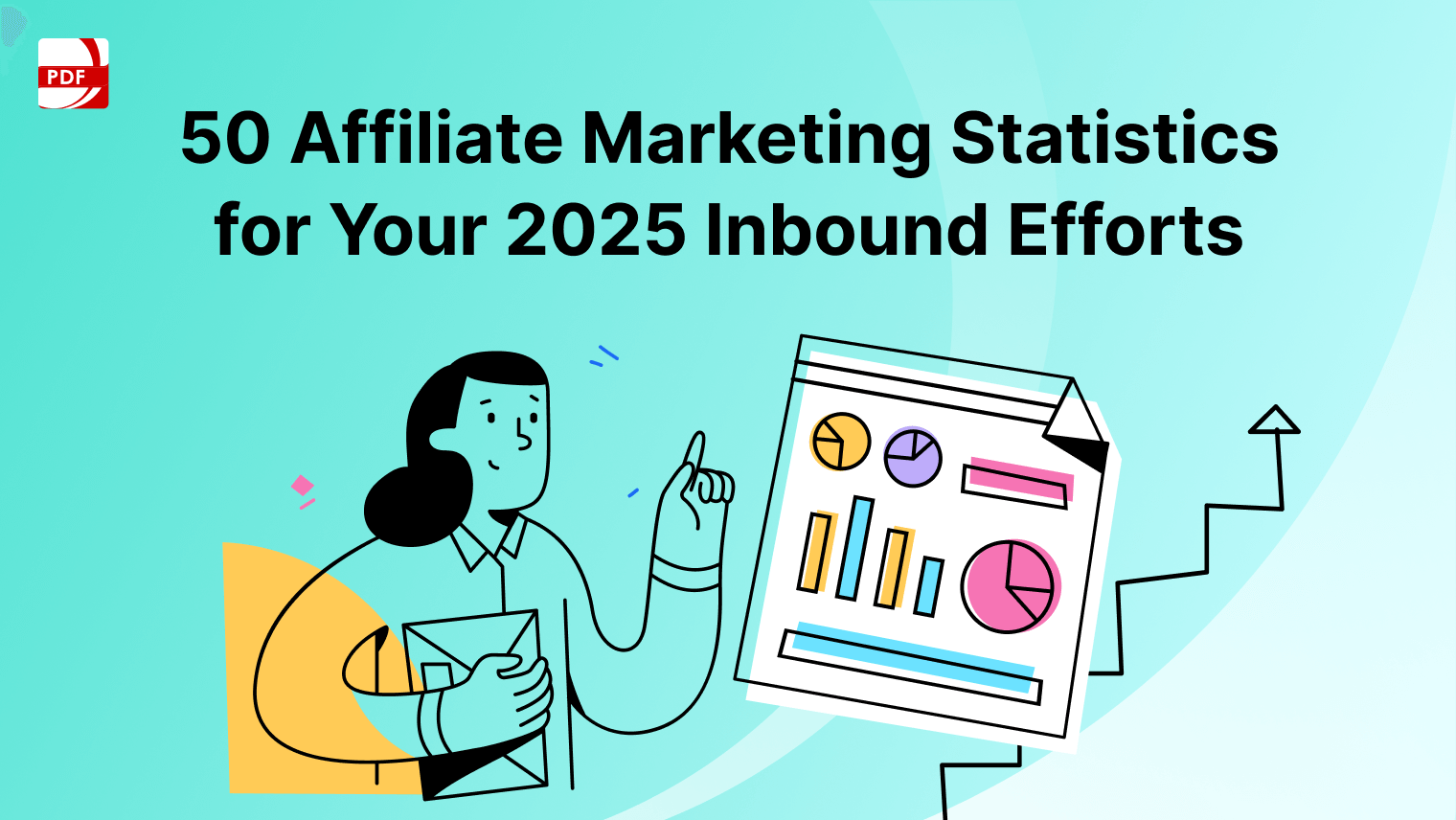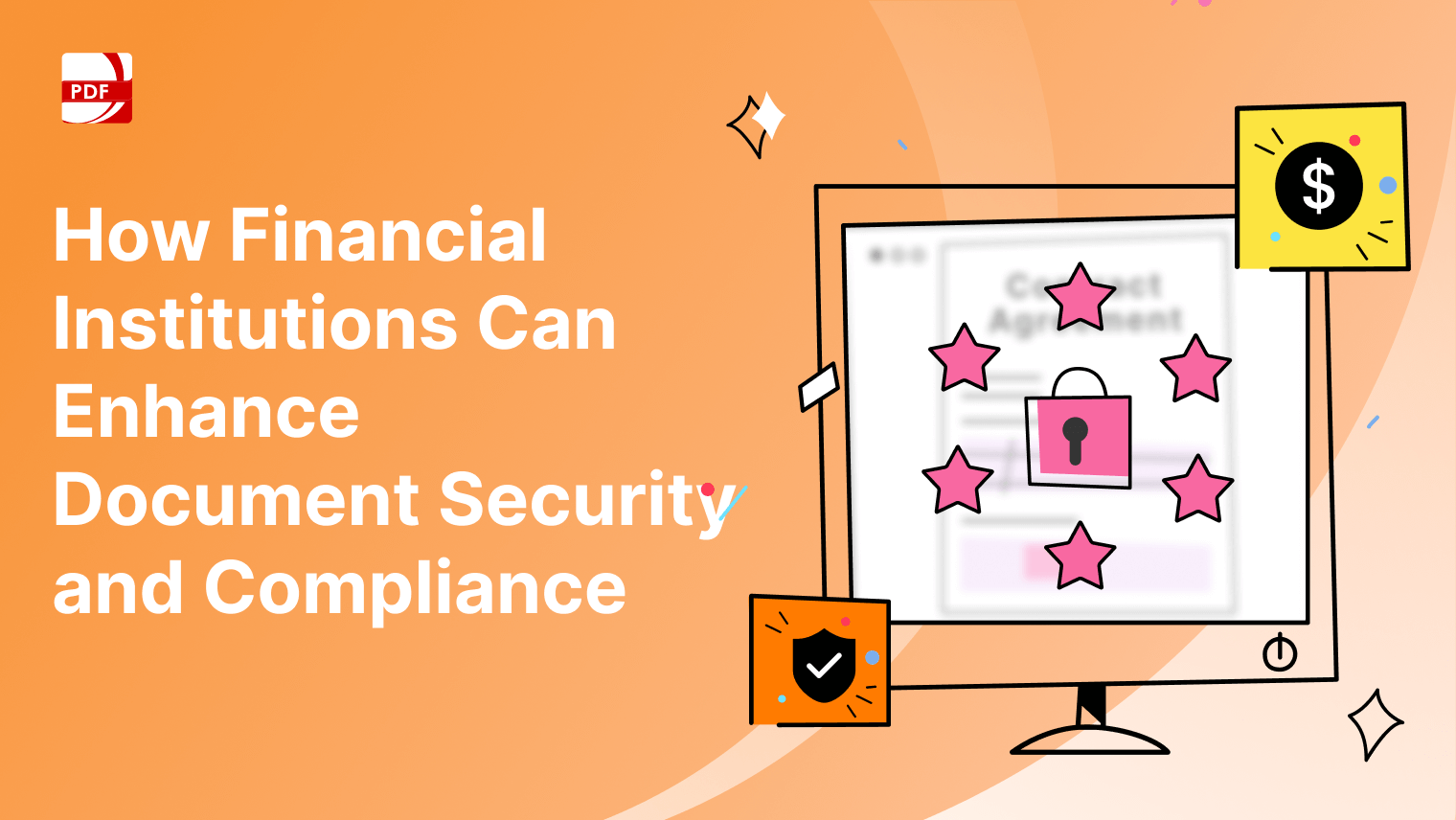In today’s competitive business world, companies are always searching for ways to grow their product offerings and build a stronger brand. To diversify without investing heavily in developing new products, businesses often turn to two popular strategies: white label and private label. Whether you're a retailer wanting to sell products under your own brand, a tech company looking to add new software solutions, or an entrepreneur exploring new markets, knowing the difference between white labels and private labels can help you choose the right approach for your business.
Comparison Between White Label and Private Label
White Label Products: White label products essentially are OEM products or OEM services, which are produced by one company (the supplier) and rebranded by another company (the reseller) as their own. The key aspect of white labeling is that the same product can be sold by multiple resellers under different brand names. This model is particularly popular in industries like software, where a ready-made solution can be easily customized with a company’s branding and sold to end users.
Private Label Products: Private label products are exclusively produced for one retailer or reseller. The product is developed according to the retailer’s specifications and sold under their brand name alone. Unlike white-label products, private-label items are unique to the retailer and are not available under any other brand.
Why Choose White Label Over Private Label?
White-label products offer several advantages, particularly for businesses looking to expand their offerings quickly without the need for extensive product development. Here are some reasons why white labeling might be the right choice for your business:
1. Faster Time to Market: You can quickly introduce new products to your customers with white-label products. Since the product is already developed, your focus is on branding and marketing, which speeds up the process significantly.
2. Lower Costs: White-label solutions often involve lower upfront costs compared to developing a private-label product from scratch. You benefit from the economies of scale enjoyed by the original manufacturer.
3. Proven Quality: White-label products are usually tried and tested, meaning they have a track record of performance and reliability. This reduces the risk associated with launching a new product.
4. Scalability: As your business grows, white-label products can easily be scaled to meet increasing demand without the need for additional product development.
PDF Reader Pro’s White Label Program: A Strategic Advantage
PDF Reader Pro, a leading PDF management software, offers an exceptional PDF white label program designed to help businesses expand their product offerings with ease. Here’s how PDF Reader Pro’s white label program can benefit your business:
1. Customization and Branding: With PDF Reader Pro’s OEM solution, you can fully customize the software’s appearance to align with your brand identity. This includes adding your logo, choosing color schemes, and even customizing the user interface to reflect your brand’s personality.
2. Comprehensive Features: PDF Reader Pro is equipped with a wide range of features, including PDF editing, annotation, conversion, and form-filling capabilities. By offering these robust features under your brand, you can provide your customers with a comprehensive PDF solution without the need for in-house development.
3. Support and Updates: When you partner with PDF Reader Pro, you’re not just getting a product—you’re getting ongoing support and regular updates. This ensures that your software remains competitive and up-to-date with the latest industry standards.
4. Increased Revenue Streams: Offering a white-label PDF solution can open up new revenue streams for your business. You can package the software as part of your existing offerings or sell it as a standalone product, giving your customers added value and enhancing your bottom line.
5. Scalability and Flexibility: PDF Reader Pro’s white-label program is designed to grow with your business. Whether you’re targeting a small market or planning a global rollout, the program is scalable and flexible to meet your needs.
Related FAQs
Q: What are the 4 types of labels?
A: In product labeling, four specific types of labels serve distinct purposes. These categories include Brand labels, Informative labels, Descriptive labels, and Grade labels.
Q: What are the disadvantages of private labels?
A: Private labels come with several disadvantages that businesses should consider:
1) Lower Profit Margins: While private labels can be cost-effective, they often come with thinner profit margins compared to well-known national brands.
2) Limited Brand Recognition: Unlike national brands, private labels typically have less brand recognition and loyalty.
3) Higher Initial Investment: Developing a private label requires an upfront investment in product development, packaging, and marketing. This can be a financial risk.
Q: In which industries are white-label products widely used?
A: There are many industries using white-label products to help them strengthen brand influence, such as:
1) Financial Services: Many financial institutions use white-label software to provide customized online banking services, etc.
2) Healthcare Services: Supplements, fitness equipment, and skincare products that companies can rebrand and sell under their own labels.
3) Education Services: Like Learning Management Systems (LMS), Online education platforms that institutions can rebrand to deliver their courses and training programs.
Conclusion
In the competitive business landscape, choosing the right product strategy is crucial for growth. While private-label products offer exclusivity, white-label products like PDF Reader Pro provide speed, cost-efficiency, and proven reliability. By partnering with PDF Reader Pro’s white-label program, your business can quickly use OEM software to strengthen its brand presence and tap into new markets with a trusted and feature-rich PDF solution.
If you’re ready to take your brand to the next level, consider exploring the benefits of PDF Reader Pro’s white-label program today.


